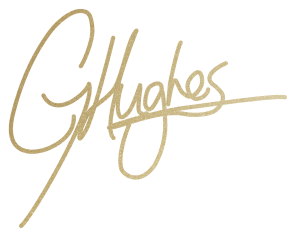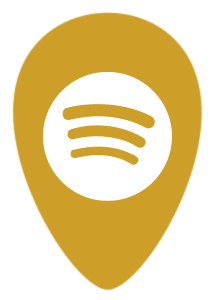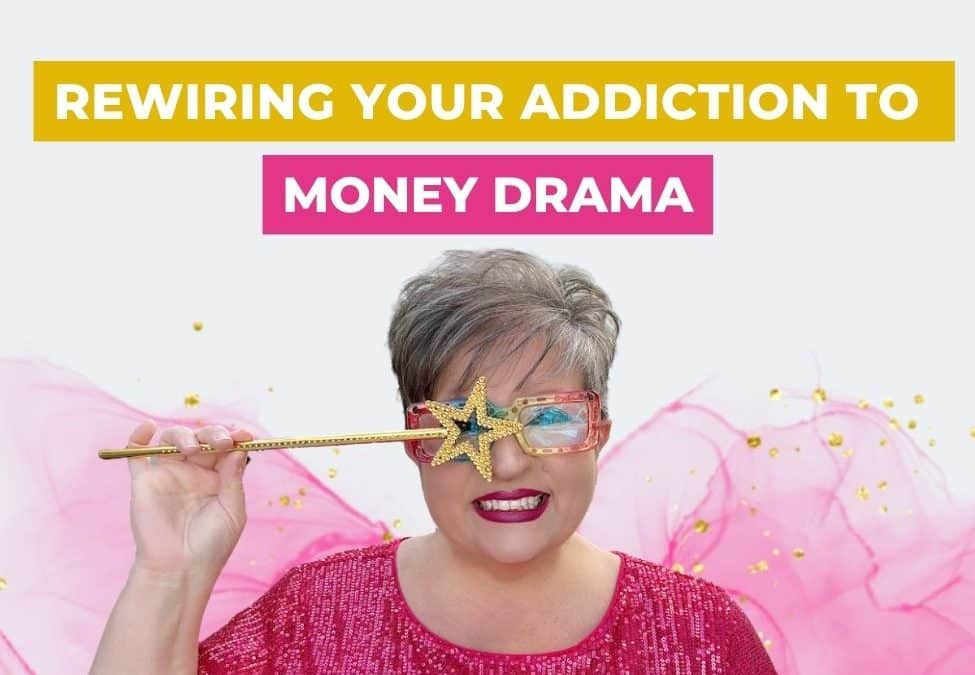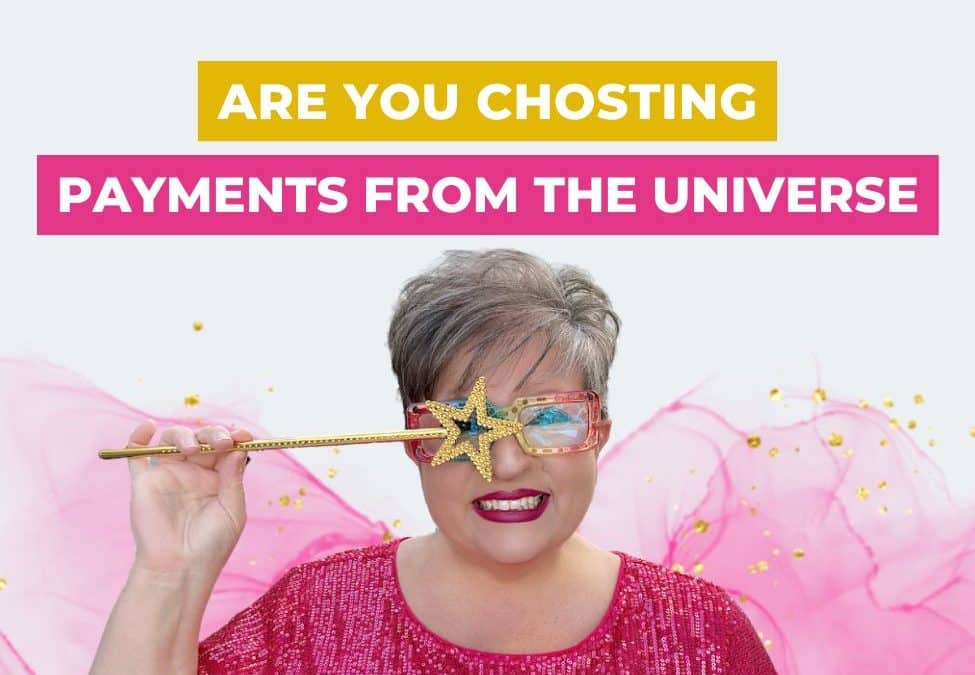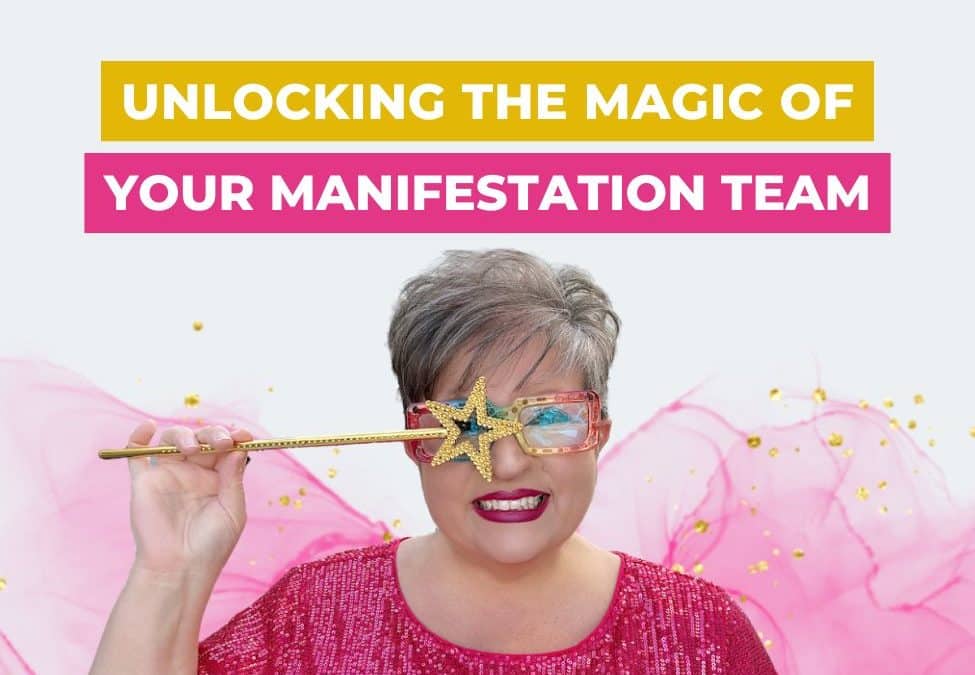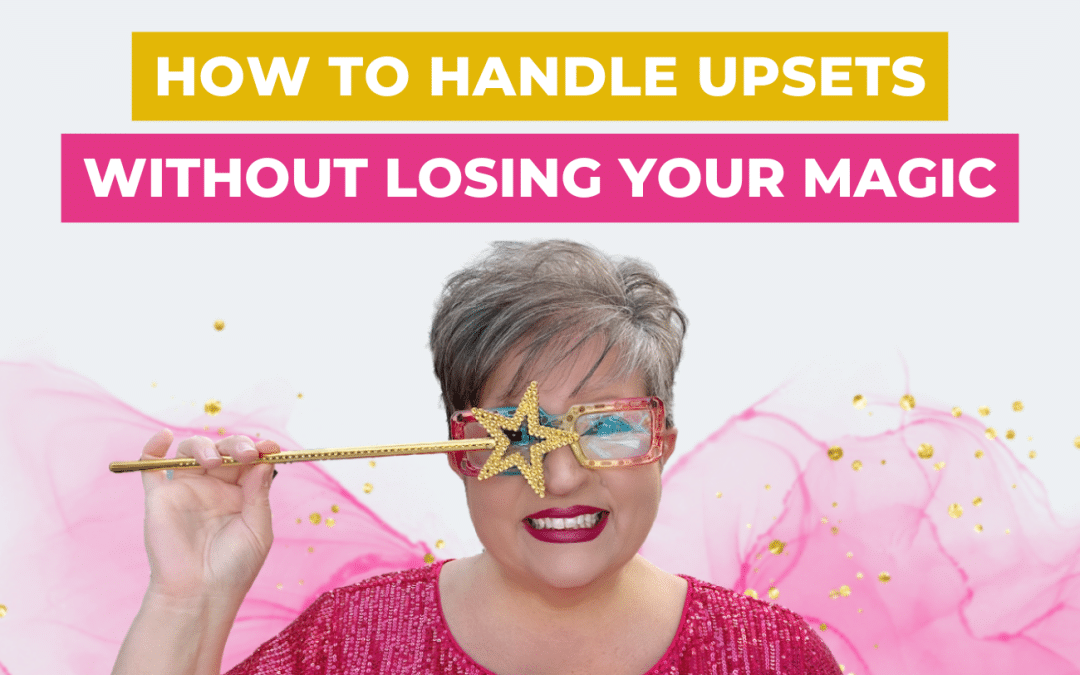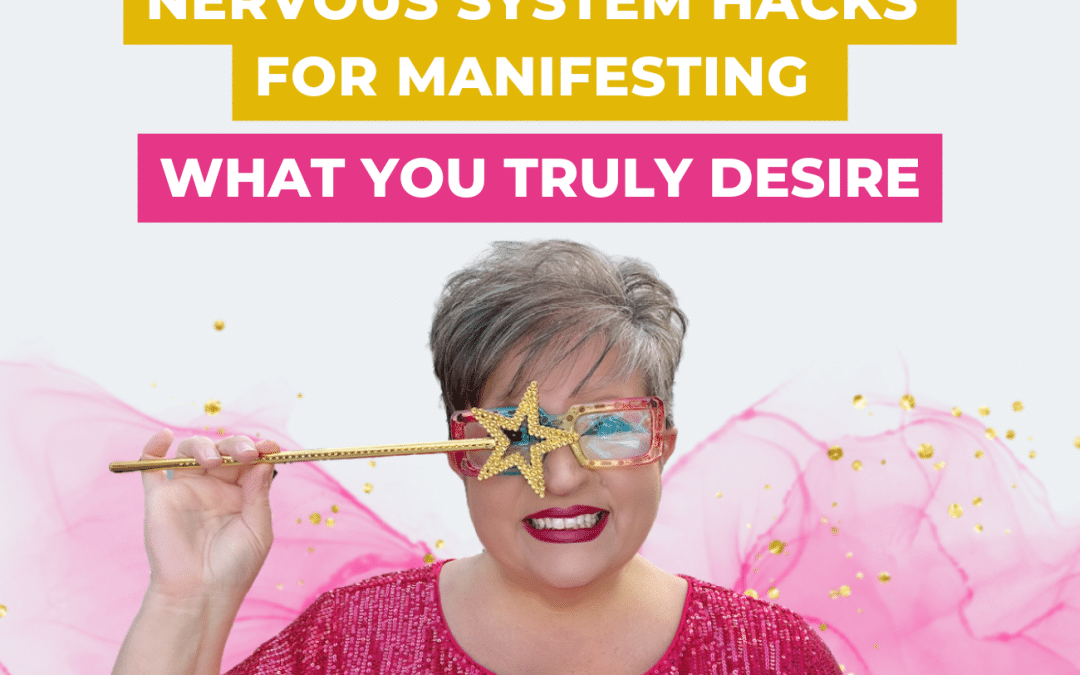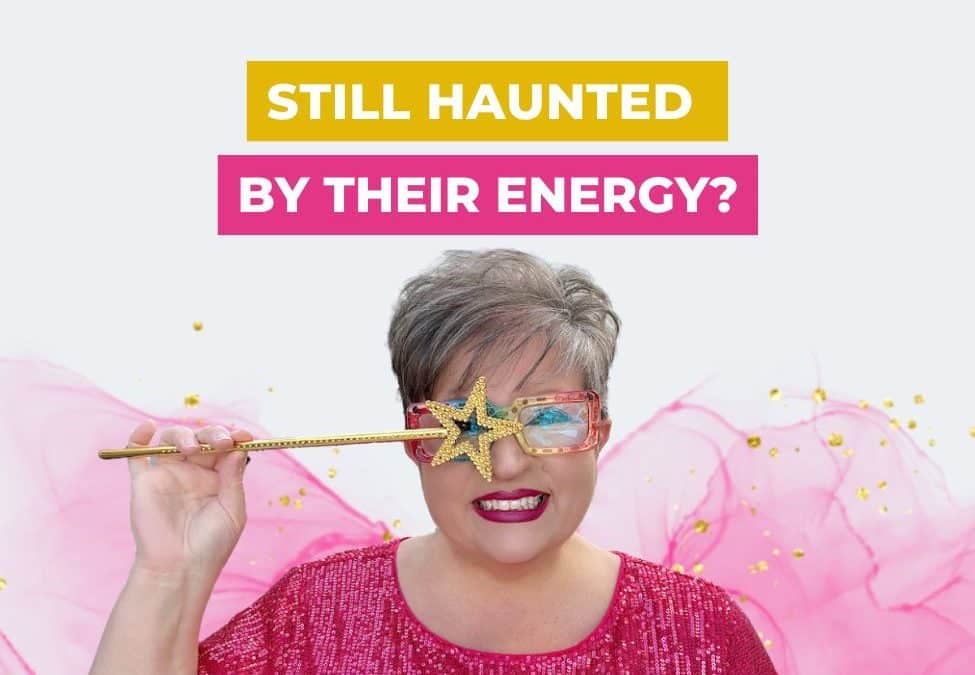
Still Haunted by Their Energy?
Ready to stop being haunted by their energy?
In this episode Glenyce explores the haunting residue that can remain after friendships or relationships abruptly end. Inspired by her own recent experience, Glenyce opens up about the emotions, self-reflection, and energetic heaviness that can follow such endings.
She shares empowering tools like emotional tapping, the Hawaiian prayer Ho’ponopono, and energetic expansion techniques to help clear that lingering energy and reclaim your personal space. You’ll also discover why closure is so important for your nervous system and how to give yourself the gift of releasing the past – for good. Whether it’s been decades since a relationship ended or just yesterday, this episode is packed with practical steps to help you move forward, find peace, and transmute heaviness into radiant possibility.
Ready to clear the energy haunting you? Join us for Energetic Exorcism!
Check out the Magic School for Manifestors Membership
Free Gift for YOU – Morning Routine to Manifest Your Dream Life #asifbymagic
You are invited:
Be Sure to Check Out:
* My fun creations on Amazon – a You are Magical AF coloring book and 4 different notebooks
If you liked this episode, you can now show some love (and support the radio show at the same time!) by Buying Me a Coffee ☕ How does it get any better than that?! I’m excited and would be so grateful to receive a cup of coffee from you, my sweet friend.
